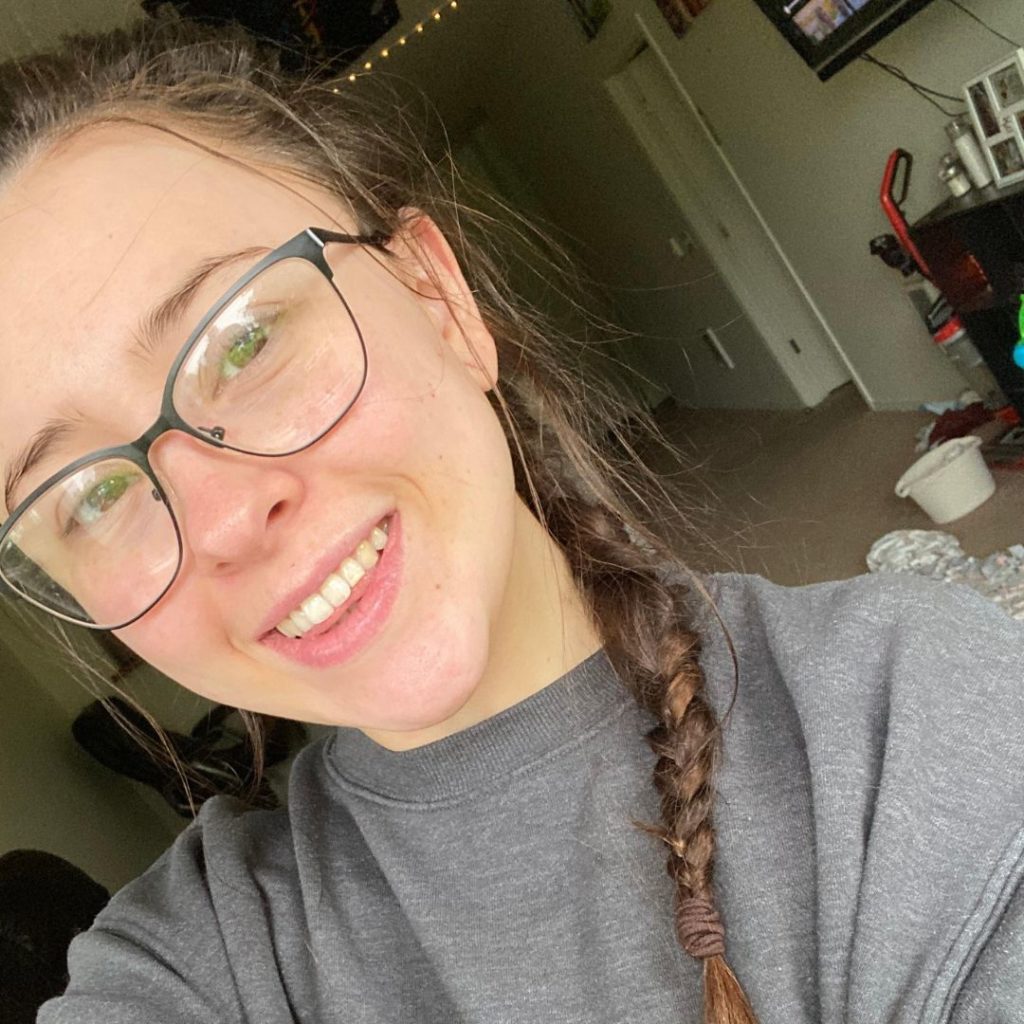Describe your life prior to diagnosis:
Growing up, I frequently suffered from brain fog and headaches. I would get a stomachache as soon as I started eating, and food rarely stayed in my stomach. I had chronic stomach pain, bloating, nausea and joint pain. In addition, I was constantly sick with various illnesses, and always had sores in my mouth. These symptoms made everyday activities very difficult and also messed with my self image.
How did you come to know (or suspect) that you have celiac disease?
My pediatrician actually suggested it when I was 14. Before then I had been diagnosed with random illnesses ranging from IBS to “abdominal migraines.”
If you were diagnosed, who made the diagnosis?
My pediatrician gave me the blood test and then referred me to a gastroenterologist who performed an endoscopy and diagnosed me two weeks after.
How long did it take for you to get diagnosed since your first symptoms and what (if any) challenges did you face along the way?
Roughly five years from when we really noticed symptoms. However, we later learned I had shown symptoms since I was a small child. I was very small up until my diagnosis, couldn’t gain weight, dealt with chronic pain, and struggled to focus on school due to constant brain fog. I also had no energy and spent most of my time resting or sleeping instead of doing normal teenage activities.
To this day I still have symptoms, even while maintaining a strict gluten-free diet (although I’m definitely not as sick as I was before getting diagnosed).
Do you believe anything could have sped up your diagnosis? If so, please explain:
Doctors having more of an education on celiac disease and how to properly treat it. It’s much more complex than just “eating gluten-free,” and a lot of doctors don’t understand that symptoms don’t always go away, nor do they send you for blood tests regularly or refer you to a gastroenterologist.
Describe your experience with living with celiac disease:
I struggled with depression as a symptom of both the illness and the difficulty I had finding gluten-free food that tasted good.
Is there anything else you’d like to add to your story?
I’m really glad gluten-free snacks are becoming more readily available. It’s nice to have options and feel seen.



